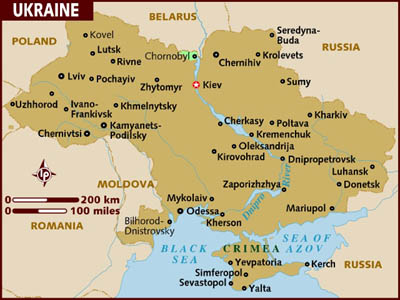 |
Ukraine was
the center of the first Slavic state in Eastern Europe. Known as
Kievian Rus, the
empire became the biggest and most powerful state in Europe during the
10th and
11th centuries. Eventually the empire was weakened by internal issues
then conquered
by the Mongol Empire in 1223. In the 14th Century, Kievian Rus was
incorporated
into the Grand Duchy of Lithuania and eventually into the Commonwealth
of
Poland and Lithuanian. In the 17th century the Ukrainians rebelled
against
Poland and gained independence for a period of around 100 years. In the 18th Century the country was conquered
by Russia and was incorporated into the powerful Russian state. When Tsar Nicholas II abdicated the throne in
1917, The Ukraine declared independence from Russia. However, in 1920,
the area
was re-conquered and forced to become part of the Soviet Union. During
the
early 1920's and the early 1930's, a large number of Ukrainian citizens
suffered famines as a result of the Russian Civil War and the policies
of
Joseph Stalin. During the later famine, it is believed that over 7
million Ukrainians
died. When World War II came along, the Germans captured large parts of
the
Ukraine and it is believed that another 8 million Ukrainians may have
died as a
result of the German invasion and the Soviet re-conquering
of the territory. Eventually,
the Ukraine was able to achieve independence in 1991 when the Soviet
Union was dissolved.
However, democracy has remained elusive and the country has had a
difficult time
shaking off a history of state control and corruption. In 2004, the
"Orange Revolution" forced the government to institute electoral
reforms, allowing an internationally monitored vote which brought
Viktor Yushchenko
into power. Subsequent issues in the Yushchenko administration allowed
his
rival Viktor Yanukovych to be elected to parliament where he become
prime
minister in 2006. |
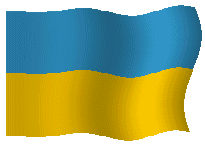 |
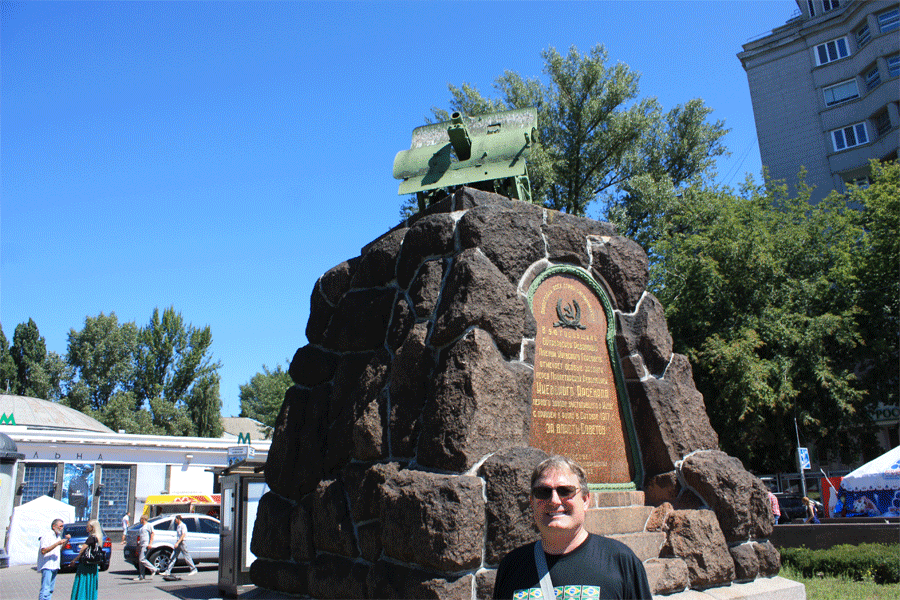
Kiev 2012
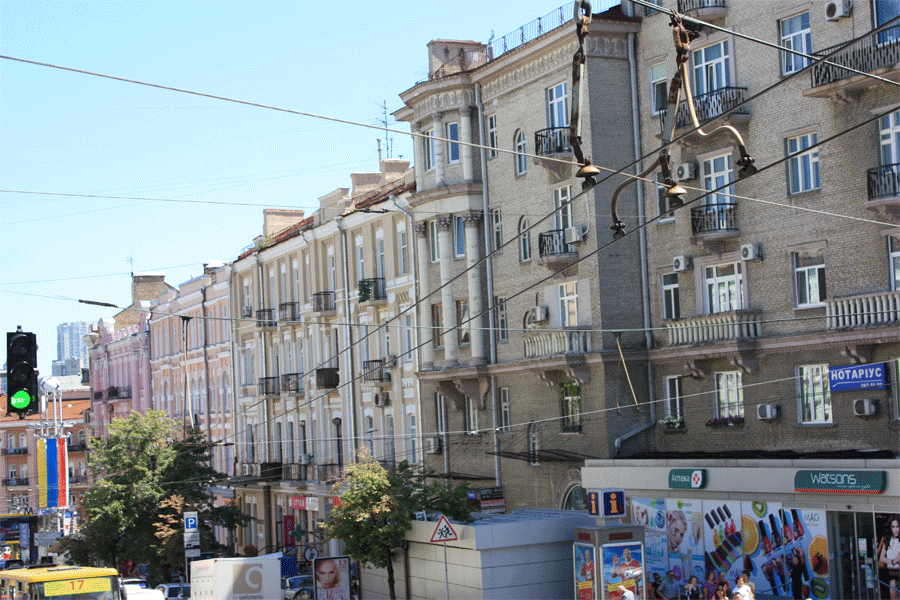
Kiev 2012
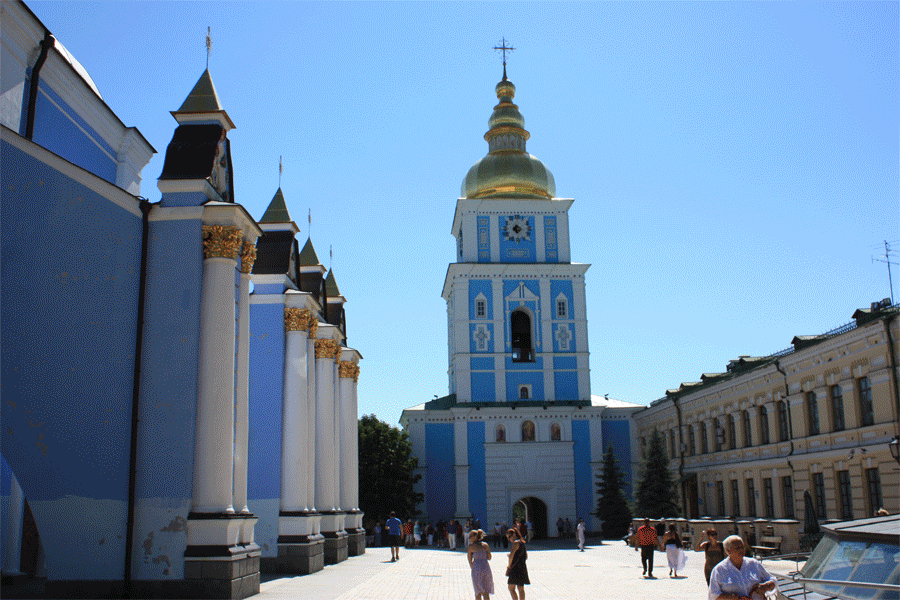
Kiev 2012
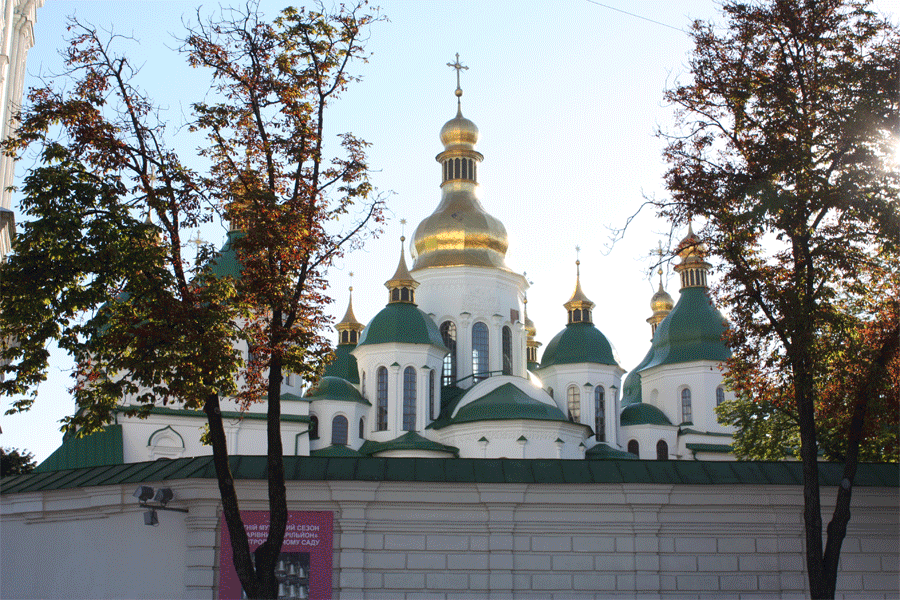
Kiev 2012
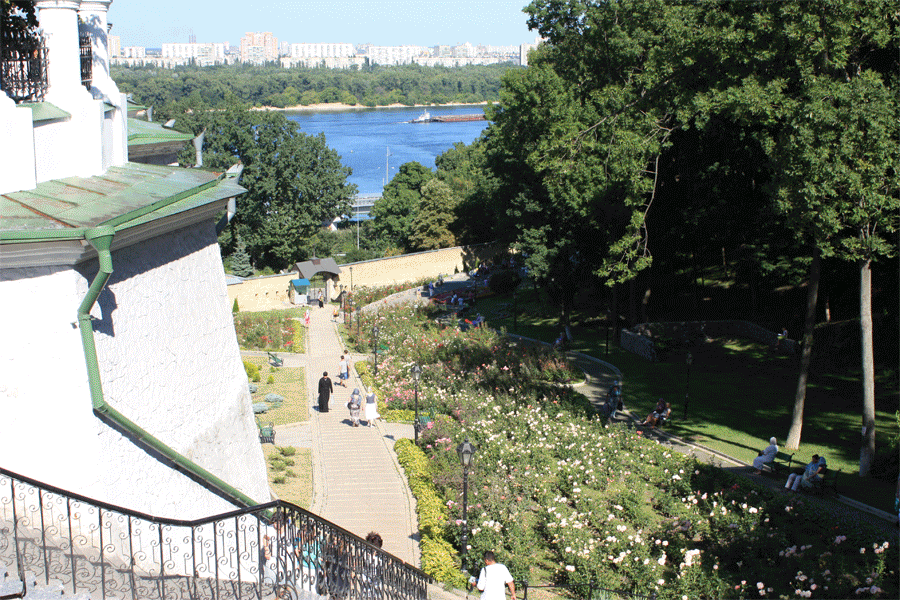
Kiev 2012


